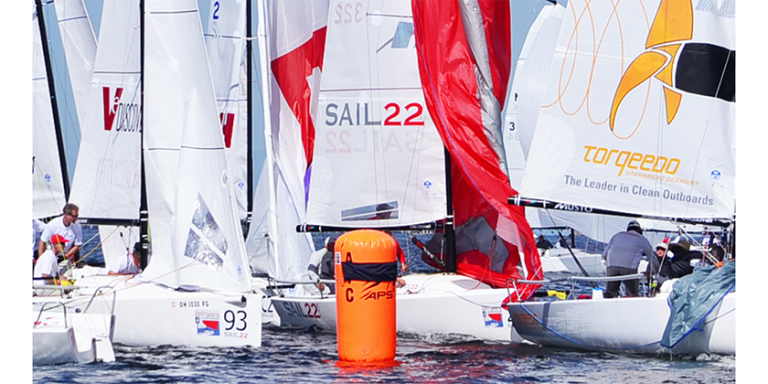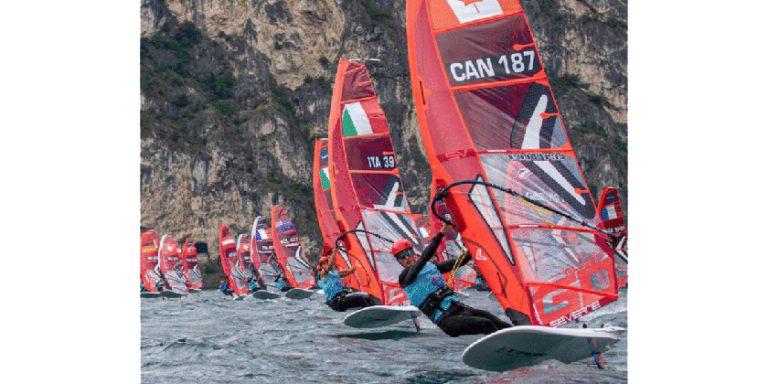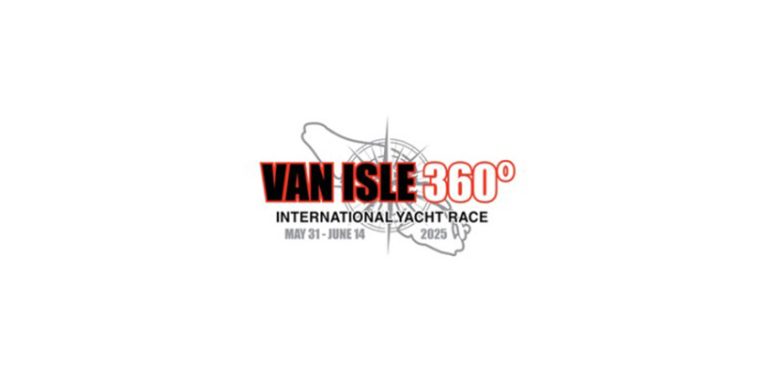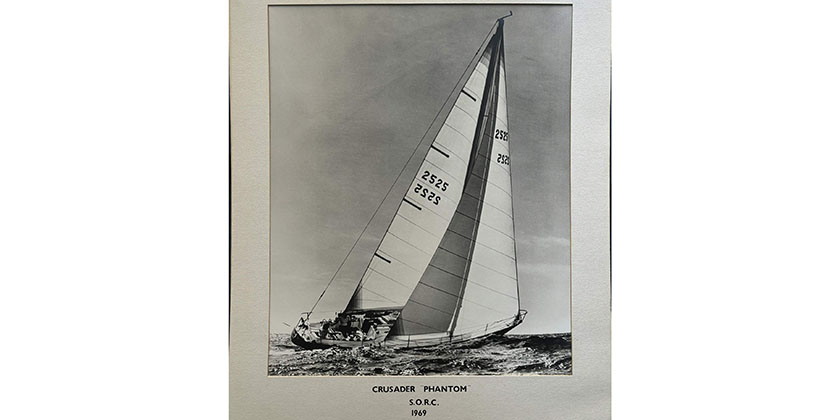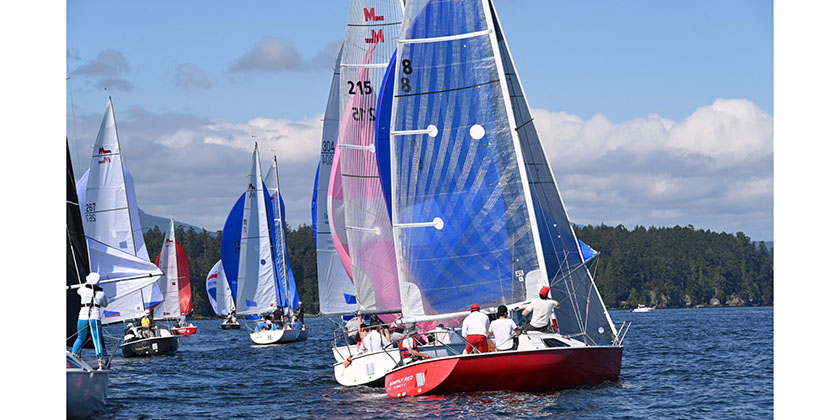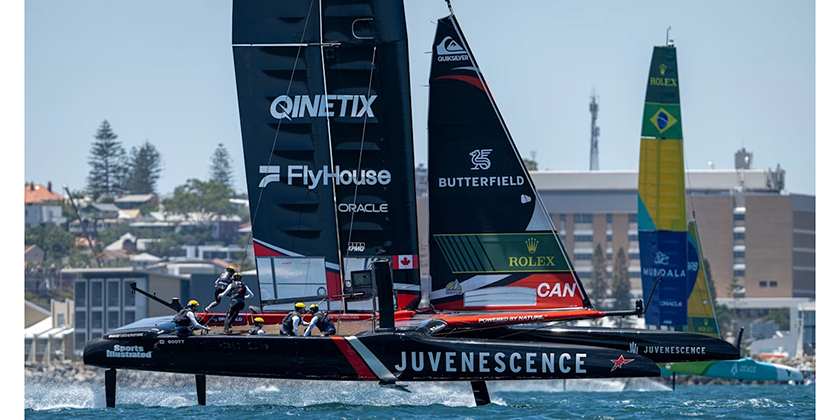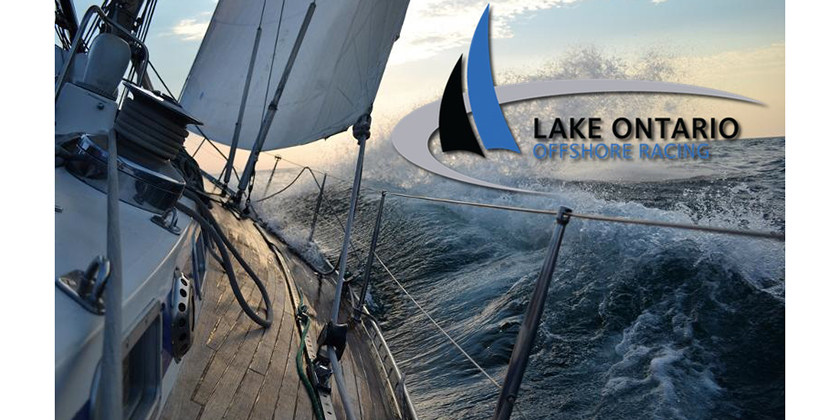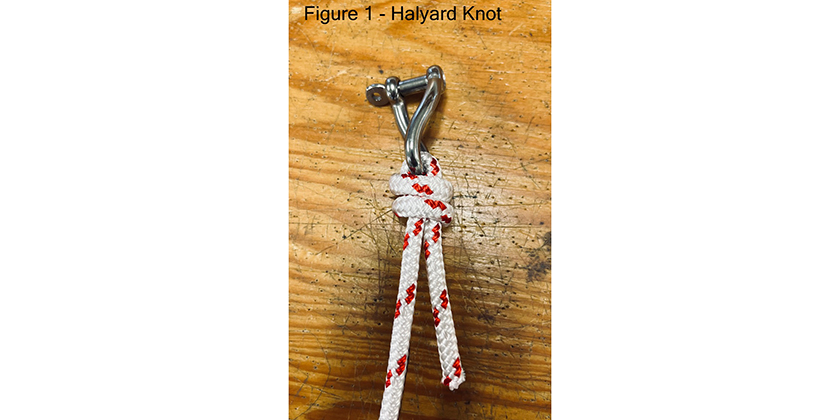The Rules Guy: Penalties and Sportsmanship
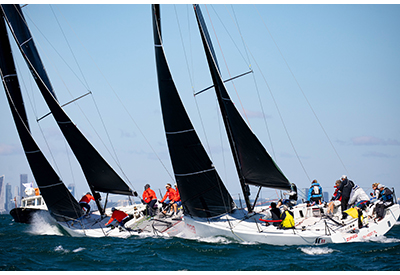
October 5, 2022
In the article published in the Feb 16 issue of this digest, I talked about how to take penalties. This time I want to talk about sportsmanship issues including when to take penalties.
The rules of the game are pretty clear, if you break a rule, you need to take the appropriate penalty. This is listed very early in the rule book before any of the numbered rules under the title “Basic Principles – Sportsmanship and the Rules”. It says, “A fundamental principle of sportsmanship is that when a boat breaks a rule and is not exonerated she will promptly take an appropriate penalty or action, which may be to retire.”
If you misjudge a mark rounding and hit the mark, you have broken rule 31. You need to take a penalty. If you are on port tack and attempt to cross a starboard-tack boat, but they have to bear off to avoid you, you have broken rule 10. It doesn’t matter if the other boat hails protest or not. If you know that you broke a rule, you need to take a penalty. World Sailing Case 138, Question 3 describe exactly this situation. It is not an act of misconduct to attempt to cross on port if you think you can make it. It is a breach of sportsmanship if you misjudge and then don’t take the penalty.
Sometimes you don’t know whether you broke a rule. You might need to look up the rule or discuss it with someone. Once you have done that you need to take the appropriate penalty. It might be too late to do a two-turns penalty. Some races, particularly where the Notice of Race or Sailing Instructions say that Appendix T (Arbitration) is being used, allow you to take a 30% penalty after the race. If that alternative penalty is not available, you might need to notify the race committee that you are retiring from the race.
If you know that you were over the line early, but the committee does not signal it properly (e.g., they display the recall flag but don’t make the required sound signal), you need to return and start properly. If you don’t know that you were over, you have the right to wait for the correct recall signals.
Most sailing takes without judges on the water. Even if there are judges on the water they can’t be everywhere and see everything. They may be focused on enforcing Rule 42 Propulsion, particularly if Appendix P of the Racing Rules of Sailing is in force. In general sailing is a self policing sport, not a refereed sport.
Dave Perry is a well-known and very successful sailor, match racer, coach and teacher. In an interview many years ago (you can find it HERE), he said, “In addition to sailing within the rules, another strong signal that you respect the game is taking your penalties. Part of sportsmanship is knowing that, since there are no referees or umpires, the game needs people to take their penalties. When you do that, people really trust you.”
Sportsmanship is part of the sport and should be self applied. It is also covered in the rules. Rule 2 says, “A boat and her owner shall compete in compliance with recognized principles of sportsmanship and fair play”. If it can be demonstrated that you knew that you broke a rule and did not take your penalty, you will not only be disqualified for breaking the rule that you broke, but for breaking Rule 2. A disqualification for breaking Rule 2 results in a disqualification that cannot be excluded from your results (a DNE) instead of the normal disqualification which be discarded if there is a drop race.
If have heard sailors say, “I knew that I broke the rule, but I never heard the other boat yell protest, so I knew that his protest would not be valid, so I sailed on” or “my coach told me not to do my penalty, I probably would not be protested.” These are both examples of breaking Rule 2.
The great Olympic Sailor Paul Elvstrom said, “You have not won the race, if in winning the race you have lost the respect of your competitors.” Sportsmanship is critical not only to comply with Rule 2 but to make the game worth playing. Dave Perry in the same interview quoted above said “Since sportsmanship is about respecting the game, I think it’s important to be a good sport; otherwise sailing won’t be very pleasurable, and people will stop doing it.”
|
Basic Principles SPORTSMANSHIP AND THE RULES Competitors in the sport of sailing are governed by a body of rules that they are expected to follow and enforce. A fundamental principle of sportsmanship is that when a boat breaks a rule and is not exonerated she will promptly take an appropriate penalty or action, which may be to retire. 2 FAIR SAILING A boat and her owner shall compete in compliance with recognized principles of sportsmanship and fair play. A boat may be penalized under this rule only if it is clearly established that these principles have been violated. The penalty shall be a disqualification that is not excludable. 4 ACCEPTANCE OF THE RULES 4.1 (a) By participating or intending to participate in an event conducted under the rules, each competitor and boat owner agrees to accept the rules. World Sailing Case 138 Facts for Question 3 A boat is sailing upwind on port tack and attempts to cross ahead of a boat on starboard tack. The port-tack boat misjudges the cross and fails to keep clear. Question 3 Has the port-tack boat intentionally broken a rule? Answer 3 No. A misjudgment such as this is common during a race and is not unfair sailing or an act of misconduct. In order for it to be unfair sailing or an act of misconduct, there must be evidence that the boat knew or should have known that she would not make the cross and attempted to do so anyway. However, when the port-tack boat realizes that she has failed to keep clear, she has knowingly broken a rule and must take the appropriate penalty. Otherwise she has broken a recognized principle of sportsmanship (see the first Basic Principle, Sportsmanship and the Rules). |
Copies of these rules articles along with animated diagrams can be found at www.rcyc.ca > sailing > programs > KnowRules.
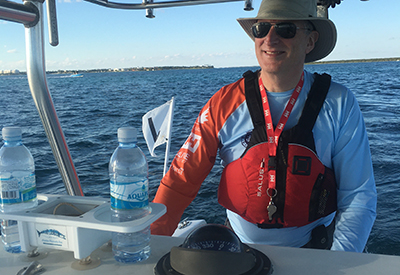 Andrew Alberti is an International Judge and National Umpire. He is a member of the Sail Canada Rules and Appeals Committees. Send your questions to Andrew at kyrules@alberti.ca
Andrew Alberti is an International Judge and National Umpire. He is a member of the Sail Canada Rules and Appeals Committees. Send your questions to Andrew at kyrules@alberti.ca


